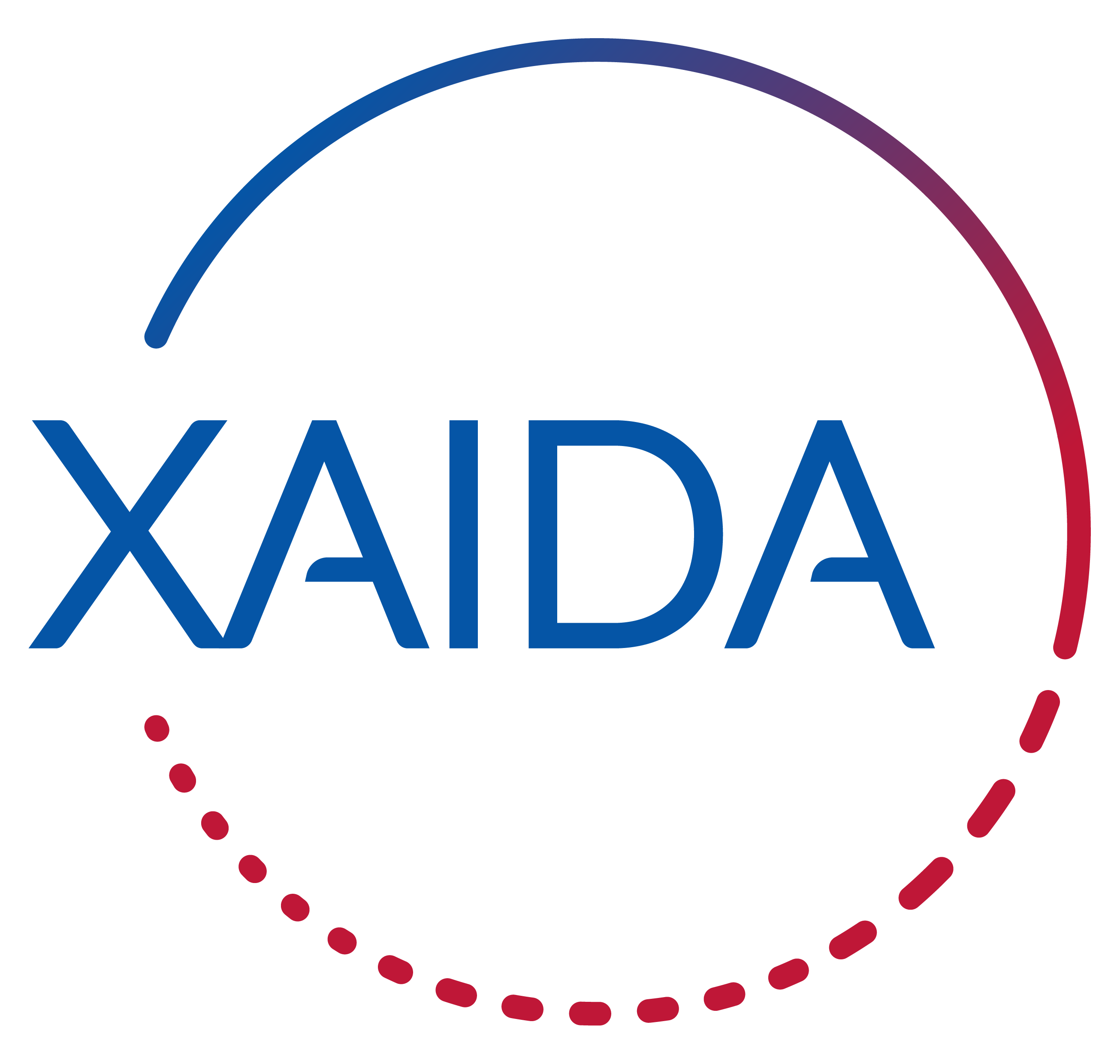Job offer: 3 years research fellowship in Development of causal inference methods in the field causal Inference and machine learning
Join the XAIDA Team at the Institute of Data Science of the German Aerospace Centre (DLR) to work in Development of causal inference methods in the field causal Inference and machine learning under the supervision of Dr. Jakob Runge.
- Full-time position
- Salary: up to German TVöD 14
- Physicist, Statistician, theoretical Computer Scientist or similar (f/m/x)
Missions
The « Causal Inference » group at German Aerospace Center’s Institute of Data Science develops theoretical foundations, algorithms, and accessible software tools for causal inference and machine learning and closely works with domain experts, especially in the climate sciences. Causal inference is a challenging and promising research field and its application to domains such as climate science will have a high impact both to advance science and to address topics of critical importance for the society. The core methodological topics include causal inference and causal discovery for spatio-temporal dynamical systems, machine learning, deep learning, and nonlinear time series analysis. But the methods are flexible and open for your ideas!
The position is part of the EU project XAIDA together with several EU partners. The goal is the development of causal inference methods to better understand the causes of extreme events (heat waves, rainfall, etc.) from observational and model data.
Tasks
- Development of theory and methods for causal inference and machine learning
- Implementation of methods in well-documented software
- Collaboration in the application of methods in different domains, in particular climate science
- Publication of results in peer-reviewed journals
- Presentation of results on national and international conferences
To support your international research experience, the group has a generous travel budget for conferences and extended research stays. Currently, we have collaborators at Imperial College London, Oxford, Carnegie Mellon University, National Center for Atmospheric Research (NCAR), and California Institute of Technology, and more.
Qualifications
- aster in mathematics, theoretical physics, statistics, or theoretical computer science
- Multiyear experience in independent work on the mathematical description and analysis of highly complex systems and deep knowledge in machine learning, causal inference, statistical methods, or related areas
- track-record of publications in peer-reviewed journals
- High social communication skills
- Fluency in written and oral English
- PhD in mathematics, theoretical physics, statistics, or theoretical computer science desirable
- Excellent programming skills desirable
Your benefits
Look forward to a fulfilling job with an employer who appreciates your commitment and supports your personal and professional development.Our unique infrastructure offers you a working environment in which you have unparalleled scope to develop your creative ideas and accomplish your professional objectives.Our human resources policy places great value on a healthy family and work-life-balance as well as equal opportunities for persons of all genders (f/m/x). Individuals with disabilities will be given preferential consideration in the event their qualifications are equivalent to those of other candidates.
See the online application process on the original Job offer publication.
 This project has received funding from the European Union’s Horizon 2020 research and innovation programme under grant agreement No 101003469.
This project has received funding from the European Union’s Horizon 2020 research and innovation programme under grant agreement No 101003469.
